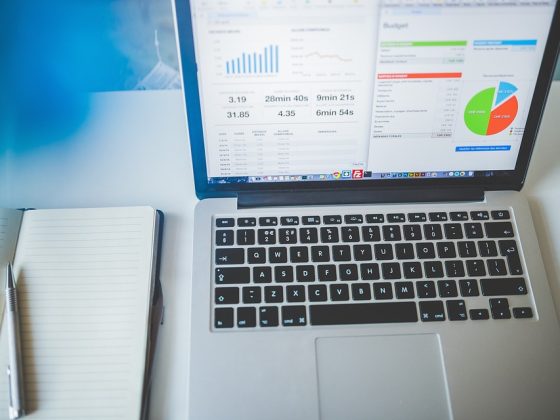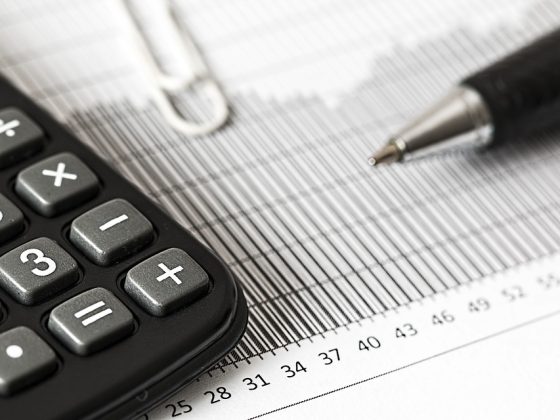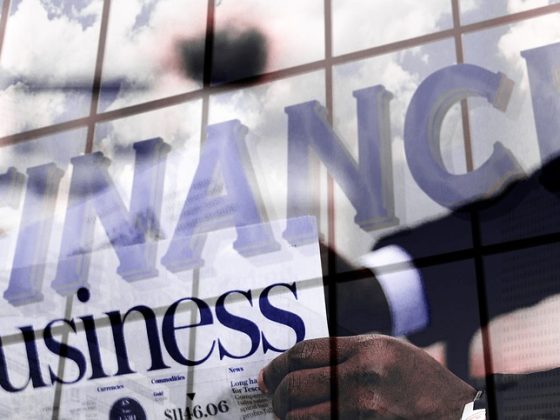Inflation on the Rise: How to Protect Your Finances
Inflation is a term that most people have heard of, but many don't fully understand its impact on their finances. In simple terms, inflation refers to the increase in the prices of goods and services over time, resulting in a decrease in the purchasing power of your money. This means that as inflation rises, the same amount of money will buy fewer goods and services.
In recent months, inflation rates have been on the rise, causing concern for many consumers. The COVID-19 pandemic has disrupted supply chains, leading to shortages of goods and services, which has contributed to the increase in prices. Furthermore, the unprecedented stimulus measures implemented by governments around the world to support their economies have also fueled inflation.
So, what can you do to protect your finances in the face of rising inflation? Here are some strategies to consider:
1. Invest in assets that tend to perform well during inflationary periods. Some investments, such as real estate, commodities, and inflation-protected securities, have historically provided a hedge against inflation. These assets tend to maintain or increase in value as prices rise, helping to preserve the purchasing power of your money.
2. Diversify your investment portfolio. By spreading your investments across different asset classes, you can reduce your exposure to inflation risk. Diversification can help protect your portfolio from the negative effects of inflation on specific sectors or asset types.
3. Consider investing in stocks. While stocks can be volatile in the short term, they have historically outperformed inflation over the long term. Companies that can increase their prices in line with inflation tend to be good hedges against rising prices. Additionally, dividends from stocks can provide a source of income that can help offset the impact of inflation.
4. Review your financial goals and budget. Inflation can erode the value of your savings and investments, so it's important to reassess your financial goals and budget in light of rising prices. Consider adjusting your savings rate or investment strategy to account for inflation and ensure that you are on track to meet your financial objectives.
5. Monitor inflation trends and adjust your financial strategy accordingly. Keep an eye on economic indicators, such as the Consumer Price Index (CPI) and the Producer Price Index (PPI), to gauge the level of inflation in the economy. If inflation is rising, consider taking steps to protect your finances, such as increasing your savings rate or reallocating your investments.
FAQs
Q: What is inflation?
A: Inflation refers to the increase in the prices of goods and services over time, resulting in a decrease in the purchasing power of your money.
Q: What causes inflation?
A: Inflation can be caused by various factors, such as changes in supply and demand, government policies, and external shocks to the economy.
Q: How does inflation affect my finances?
A: Inflation erodes the value of your savings and investments, making it harder to maintain your standard of living over time. As prices rise, the same amount of money will buy fewer goods and services.
Q: How can I protect my finances from inflation?
A: To protect your finances from inflation, consider investing in assets that tend to perform well during inflationary periods, diversifying your investment portfolio, and monitoring inflation trends to adjust your financial strategy accordingly.
Q: Should I be worried about rising inflation?
A: While inflation can erode the value of your savings and investments, it is a normal part of the economic cycle. By taking proactive steps to protect your finances, you can mitigate the impact of rising prices on your financial well-being.











